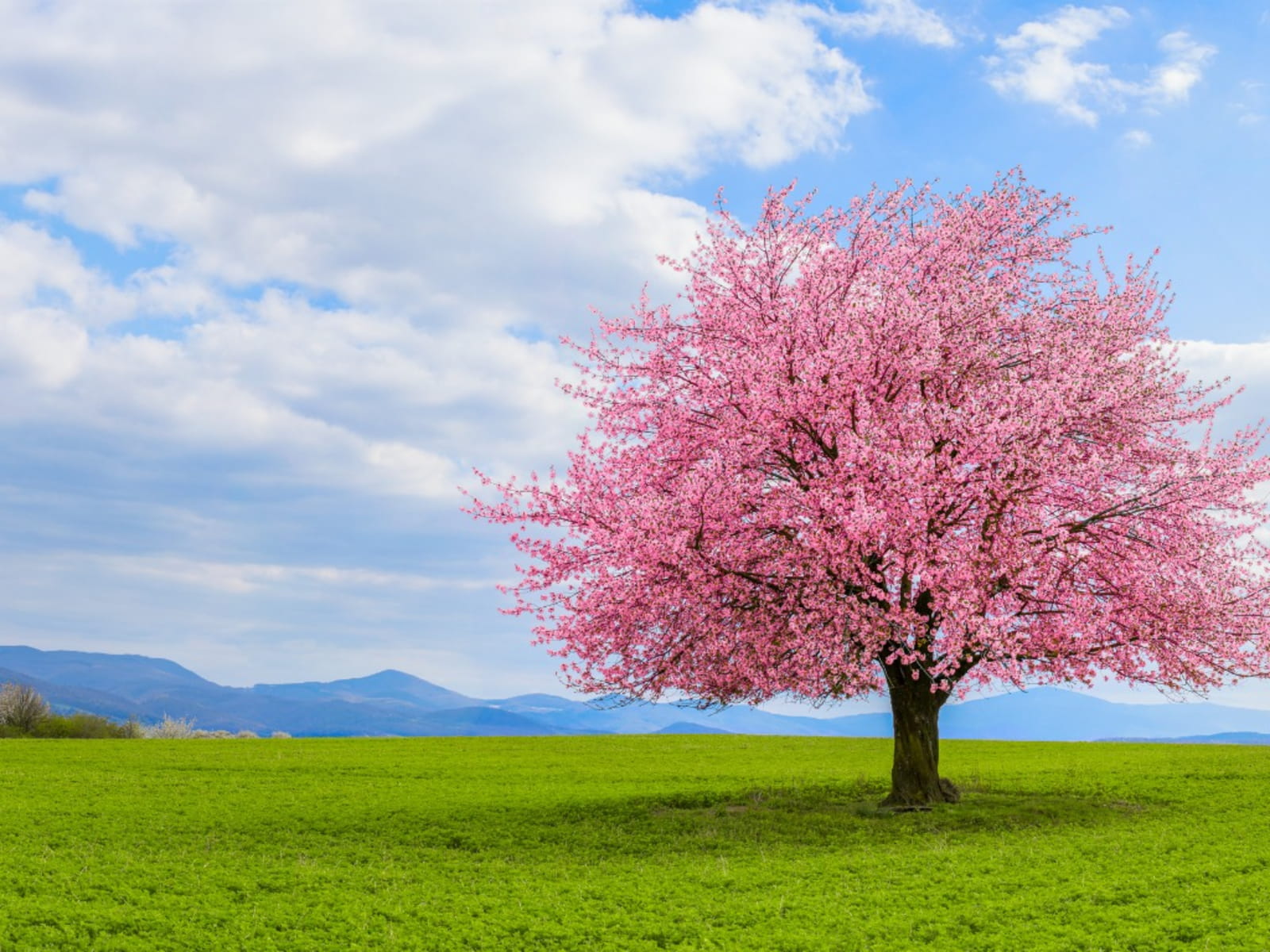Are Kodava and Baduga Same
Kodava and Baduga refer to two distinct ethnic communities in South India, primarily in the hill regions of Karnataka and Tamil Nadu. They are not the same and have separate origins, customs, clothing, and languages.
Kodava (Coorg People)
-
Region: Kodagu (Coorg), Karnataka
-
Language: Kodava Takk (belongs to the Dravidian family, but distinct)
-
Religion & Culture: Primarily Hindu with ancestor worship and nature worship
-
Occupation: Traditionally warriors, landowners, agriculturists (coffee plantation owners)
-
Unique Feature: Known for their martial traditions; Kodavas are legally recognized by the Indian government to own guns without a license.
-
Dress: Distinctive attire – men wear a wrapper (Kupya) with a dagger (Peeche kathi)
Baduga (Badaga)
-
Region: Nilgiri Hills, Tamil Nadu
-
Language: Badaga (a dialect closely related to Kannada)
-
Religion & Culture: Mostly Hindu; strong influence of nature worship and ancestral rituals
-
Occupation: Agriculturists, particularly in tea, vegetables, and spices
-
Unique Feature: They are known for their "Hatti" (village) community system and Hethai Amma ancestral deity worship.
-
Dress: White embroidered shawl-style clothing.
Comparison Table
| Aspect | Kodava (Coorg) | Baduga / Badaga (Nilgiris) |
|---|---|---|
| Location | Karnataka (Kodagu District) | Tamil Nadu (Nilgiri Hills) |
| Language | Kodava Takk | Badaga dialect (close to Kannada) |
| Origin | Indigenous to Coorg region | Indigenous to Nilgiri tribal belt |
| Tradition | Warrior-agricultural community | Agricultural-tribal community |
| Specialty | Coffee estates, gun rights | Hatti settlements, tea farmers |
| Cultural Status | Ethnic minority with unique privileges | Scheduled Tribe status in some categorizations |
Conclusion:
Kodava and Baduga are two distinct ethnic groups with different histories, languages, and cultural traditions. They are geographically close (in the Western Ghats region), but culturally and ethnically separate communities.
Frequently Asked Questions (FAQ)
Are Kodava and Baduga the same community?
A: No, Kodava and Baduga are distinct communities. Although both come from the Coorg region in Karnataka, they have different languages, cultures, and traditions. Kodava people speak Kodava Takk, while Baduga people speak a dialect of Kannada.
What are the main cultural differences between Kodava and Baduga?
A: Kodava culture is centered around martial traditions, distinct customs, and festivals like Huthri. Baduga culture is more focused on farming, with unique rituals and religious festivals like Bhanu.
Why is there confusion about whether Kodava and Baduga are the same?
A: The confusion arises because both communities live in the same region—Coorg—and share some agricultural practices. However, they differ in language, customs, and their historical backgrounds.
How do Kodava and Baduga languages differ?
A: Kodava Takk is a Dravidian language, while Baduga language is a dialect of Kannada. Kodava Takk is unique to the Kodava community, whereas Baduga speakers use a version of Kannada influenced by their local culture.
How does the Kodava culture impact their traditions and festivals?
A: Kodava culture places a strong emphasis on ancestral customs, martial traditions, and the celebration of festivals like Huthri. These traditions reflect their respect for the land, nature, and family heritage.
What cultural practices can help bridge the gap between Kodava and Baduga communities?
A: Encouraging cross-community cultural exchanges, celebrating joint festivals, and promoting language education can help preserve and unite the rich traditions of both Kodava and Baduga peoples.
